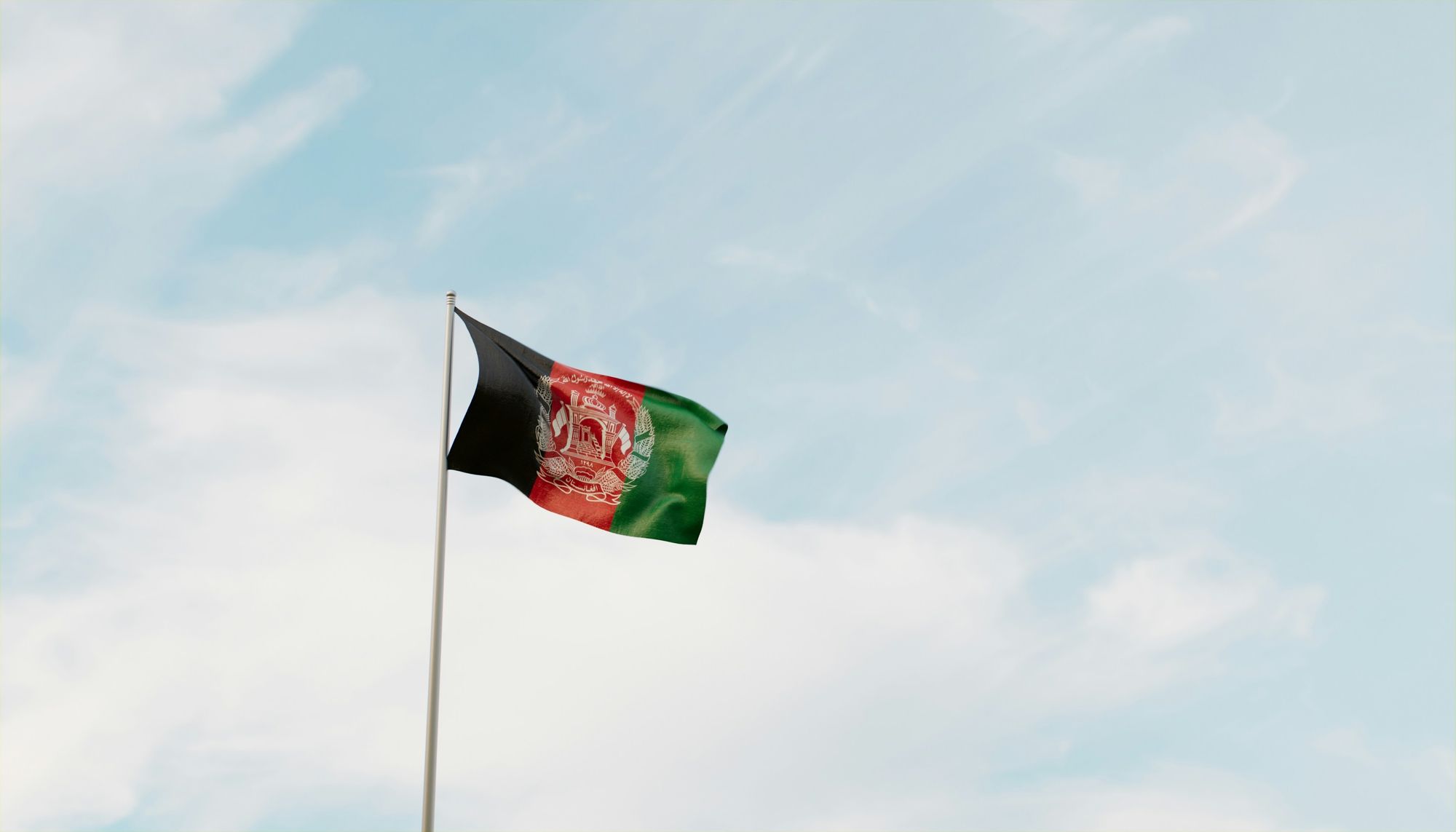Guide to Repatriating Remains from Canada to Afghanistan

When an Afghan national or person with ties to Afghanistan passes away in Canada, the process of returning them to their homeland for final rites can be both emotionally challenging and logistically complex.
This guide aims to provide a compassionate and thorough approach to repatriating remains from Canada to Afghanistan, ensuring a respectful and dignified journey for your loved one, while acknowledging the unique challenges posed by the current situation in Afghanistan.
Initial Steps and Notification
In the wake of loss, it's crucial to act with both urgency and care. Begin by notifying local Canadian authorities of the death. Then, attempt to contact the Embassy of Afghanistan in Canada, although diplomatic relations may be limited due to the current political situation. You may need to seek assistance from international organizations or NGOs operating in Afghanistan.
Next, inform family members in Afghanistan. While this conversation will be difficult, it's essential for coordinating funeral arrangements and understanding any specific wishes for the final rites. Simultaneously, start researching funeral homes or repatriation services with experience in international transfers, particularly to challenging destinations like Afghanistan. Their expertise will be invaluable in navigating the complexities ahead.
Legal Requirements and Documentation
Repatriating remains from Canada to Afghanistan requires meticulous documentation. You'll need to obtain a Canadian death certificate, which is fundamental for all subsequent steps. Additionally, secure a burial transit permit from the relevant provincial or territorial authority in Canada.
For entry into Afghanistan, you'll need to prepare a comprehensive set of documents. This typically includes:
- The original Canadian death certificate with a certified translation into Dari or Pashto
- An embalming certificate
- The burial transit permit
- A detailed letter from the funeral director explaining how the remains have been handled
- A copy of the deceased's passport or proof of Afghan citizenship
- A non-contagious disease certificate from a medical professional
It's advisable to have all these documents translated into Dari or Pashto to facilitate processing in Afghanistan.
Preparing for the Journey
Proper preparation of the deceased for international transport is crucial and must align with both Canadian regulations and Afghan customs. Embalming is typically required for long-distance transportation. The body must be placed in a hermetically sealed coffin that meets international standards for the transportation of human remains. This not only fulfills legal requirements but also ensures the dignified preservation of your loved one during the journey.
Transportation Methods
For transportation, air freight is the primary option for repatriating remains from Canada to Afghanistan. However, due to the current situation, direct flights may not be available, and the journey may involve multiple legs through third countries. Choose airlines and routes that have experience in transporting human remains to challenging destinations. Be prepared for potential delays and changes in itinerary.
Navigating Costs and Timelines
The cost of repatriating remains to Afghanistan can be substantial and unpredictable due to the complex logistics involved. Expenses typically include fees for Canadian funeral home services, embalming, documentation and permits, international air transportation, and potential additional costs for complex routing or special handling.
The timeline for repatriation can vary significantly, potentially taking several weeks due to the challenges of operating in Afghanistan. This duration depends on several factors, including security situations, availability of flights, and the complexity of obtaining necessary clearances. Patience and flexibility are essential during this period.
Cultural and Religious Considerations
Afghanistan is a predominantly Muslim country, and Islamic funeral customs are widely observed. It's crucial to communicate specific religious and cultural requirements to your repatriation service provider. This may include:
- Ensuring the body is prepared according to Islamic guidelines
- Arranging for the body to face Mecca during transport
- Expediting the process as much as possible, as prompt burial is preferred in Islam
Your service provider should be familiar with these requirements and work to accommodate them within the constraints of international transportation regulations and the current situation in Afghanistan.
Emotional Support and Practical Assistance
During this challenging time, don't hesitate to seek emotional support. Grief counselors or support groups can provide valuable assistance in coping with your loss. Lean on your community, family, and friends for both emotional and practical help.
Our partner specializes in international repatriation, including to challenging destinations like Afghanistan. They can provide expert guidance and support throughout this difficult process, offering peace of mind and ensuring all legal and logistical requirements are met with compassion and efficiency. They can assist with everything from paperwork and translations to coordinating with authorities and arranging appropriate transportation, even in complex situations.
Our Trusted Partner Can Help
Repatriating a loved one from Canada to Afghanistan is an exceptionally complex process that requires careful planning, attention to detail, and a high degree of flexibility. While it may seem overwhelming, remember that you don't have to navigate this journey alone. By entrusting this difficult task to knowledgeable professionals, you can focus on honoring your loved one's memory and supporting grieving family members.
Our partner's expertise in navigating the intricacies of international repatriation, especially to challenging destinations like Afghanistan, can provide comfort during this difficult time. They ensure your loved one's final journey is handled with the utmost care and respect, bridging the distance between Canada and Afghanistan with compassion and understanding of the unique challenges involved.
Remember, while this guide provides a comprehensive overview, each repatriation case to Afghanistan is unique and may present unexpected challenges. Always consult with experienced professionals to address the specific needs and circumstances in your situation. With the right support and guidance, you can strive to ensure that your loved one's final journey is as dignified and respectful as possible under these challenging circumstances.




